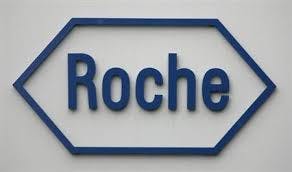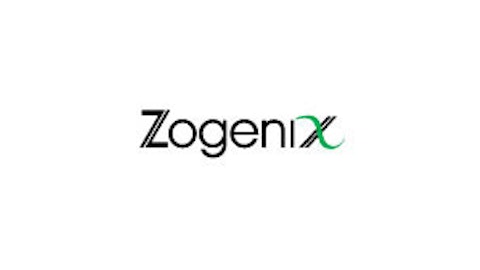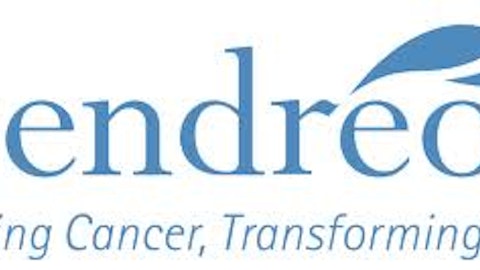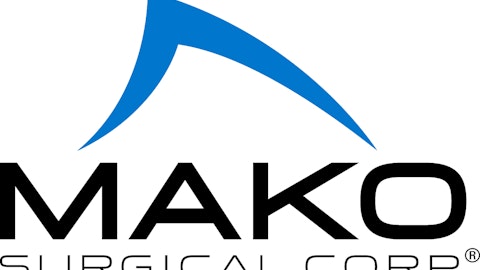In the 1990s, New York spent over a billion dollars to battle an outbreak of tuberculosis, and now with almost one in ten doses of common anti-TB drugs failing to meet basic standards, there is growing concern that resistance may be making past treatments obsolete. Two key anti-TB drugs, isoniazid and rifampicin, originally developed by Roche Holding Ltd. (VTX:ROG), have been shown in a study published this week in the International Journal of Tuberculosis and Lung Disease to be increasingly compromised.

While not a single Roche product was found among the 65 failures in the IJTLD study, it was a different story with India’s globe spanning Ranbaxy – majority owned by Japan’s Daiichi Sankyo. With Ranbaxy’s problems last year, notably with their Dutch operations finding contaminants and glass in some of their products (including those exported to the US and other markets), it is not too surprising that their TB drugs were also found wanting in the study.
Unfortunately, it has taken over forty years for a new TB drug to come on the market. Last December, the FDA approved Sirturo (bedaquiline), which was developed by Janssen Pharmaceuticals, Inc., a Belgian subsidiary of Johnson & Johnson (NYSE:JNJ). Even being fasttracked, Sirturo took over ten years from being discovered to being approved. Janssen (and the FDA evidently) believe that Sirturo may be able to fill the void being created by isoniazid and rifampicin’s increasing ineffectiveness, as well as address the two million new drug resistant TB patients the World Health Organization expects by 2015. The problem with deploying the new drug too quickly is that it still needs to be administered carefully to preserve the drug against TB rapidly developing a resistance and making Siruto obsolete too quickly. Whether officials can resist pressure from activist groups to rush the drug into the field – a field many observers believe is far too chaotic – will be an important part in the unfolding Siruto story.
Meanwhile, the IJTLD study, the most extensive done on TB medications in history, found that drugs purchased in neighborhood pharmacies in 19 countries had a one in ten likelihood of being sub-standard. The study was made possible using Minilab – developed by (German) Merck & Co., Inc. (NYSE:MRK). Minilab incorporates technologies and simplicity that allow for reliable testing in the field – a feat that until now was expensive and sometimes incredibly difficult with previous technologies and methodologies.
Similarly, the GeneXpert developed by Sunnyvale, California-based Cepheid (NASDAQ:CPHD) has helped South Africa better identify and respond to TB issues – and is one reason showcasing why the company may finally be earning the market’s support (which will be necessary if it wants to have any hope of expanding its manufacturing capabilities to meet coming demand). As reported by the Wall Street Journal, South Africa along with Brazil will be assisting China, India, and Russia with tackling their TB issues – as the three countries currently account for over 60% of the resistant strains of TB. However, the WSJ also pointed out that the two most powerful anti-TB drugs no longer work against the new TB strain.
Still, drug failures due to poor quality are most likely to occur in Africa (where the IJTLD study found a 16% failure rate), a single case of TB in the US can generate costs easily exceeding $200,000. (To give the consumer-facing investor a sense of TB’s impact, that one American’s ailment is the equivalent of 400 iPads.) Already, Homeland Security has prioritized a new drug-resistant strain of TB which has been discovered in numerous countries, including the US. With over eight million people afflicted with TB every year (of which nearly 20% die), TB has become the world’s second most deadly infectious disease, and the first, HIV/AIDS, has intensified TB’s impact.
The study found that registered (which are theoretically legal and regulated) TB pharmaceuticals were six times less likely to be sub-standard, but 4.4% still failed to meet basic requirements – far from the 0% regulators (and consumers especially) aim for (as this means thousands of patients will receive too low a dose of the drug and overall resistance to treatment will increase). Drawing on similar work, the study speculated that less than half of their sub-standard findings were deliberately counterfeited. The remaining results were likely the result of poor manufacturing and inadequate wholesaling storage.
Even more disconcerting for investors and other interested parties is that just as there is increasing evidence that ratings agencies and accounting firms are failing to provide accurate and useful information, it also is becoming evident that guardians of pharmaceutical integrity are going down the same path. While (German) Merck and Cepheid are making it possible for private and public authorities to react to the TB threat, corrupt governments, unaccountable mega-nonprofits, and international bureaucracies have clearly not been doing their part.
Based on his work with anti-malarials, Roger Bate pointed out that the World Health Organization does not like to tackle sub-standard and powerful legal pharmaceutical producers, and it should make observers ponder whether BRICS’ health ministries or other drug regulators will have the moxy to do so either. So for now, investors and others interested in the future of pharmaceuticals might be inclined to put their faith (and capital) in consumer-driven responses and solutions.
The article 9.1% of TB Drugs Fail Quality Control originally appeared on Fool.com and is written by Nick Slepko.
Copyright © 1995 – 2013 The Motley Fool, LLC. All rights reserved. The Motley Fool has a disclosure policy.





